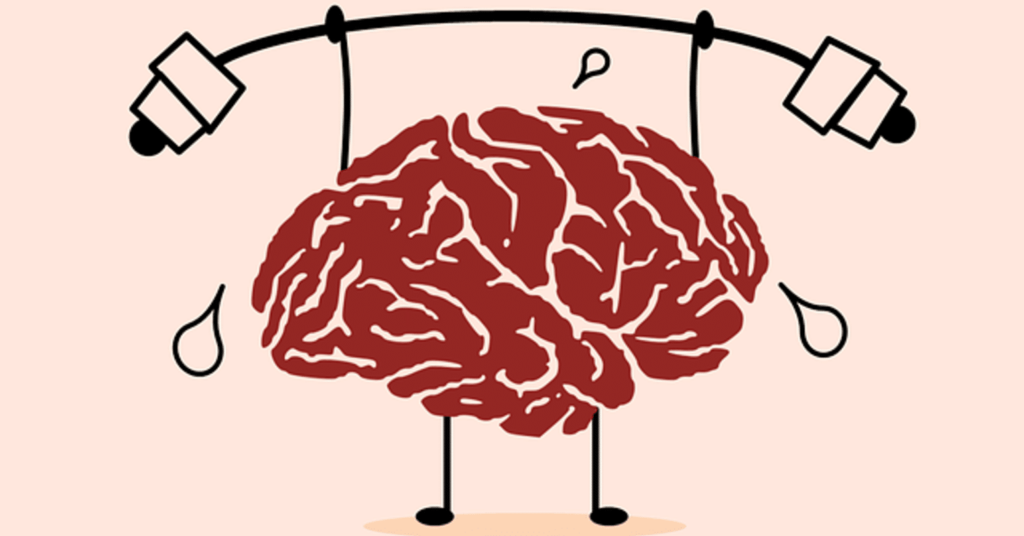Mental Wellness and Benefits of Psychotherapy
Your brain is a powerful thing; your mental state not only controls your consciousness, but also determines how your body functions.
Stress, grief and depression will have a negative effect on your mental health. Studies have shown that serious mental illness can lower life expectancy by 10-15 years. The rate of mental dis-order diagnoses has grown exponentially in recent years; people of all ages are being prescribed mind-altering drugs to battle depression, despite evidence suggesting they do more harm than good and sometimes doesn’t even work at all. The massive use of these drugs have contributed to antidepressants being found everywhere even in the public water supply, millions consume and ingest without knowing. Side effects of this is grievous could cause problems of child bearing.
People who are emotionally healthy are in control of their thoughts, feelings, and behaviors and mental state of mind. They feel good about themselves and have good and great relationships they also have the ability to keep their problems in perspective.
However it is important to take a few steps to enhance your lifestyle and aid your mental health.
- Balance work and home life
- Be free from loneliness
- Eat well; balanced diet.
- Express yourself
- Do exercises
- Sleep well
- Do well in your hobbies; you could have new ones too.
- Avoid addictions such as smoking, alcohol and so on
- Laughter is the best medicine
Your mind is the window to your body and soul, so make sure it receives proper nourishment.
Psychotherapy also known as talk therapy is an effective treatment for clinical depression. On its own, it might not aid out severe depression, but it can play a very important role when used with other forms of treatment especially medication.
Psychotherapy helps a person develop good coping strategies for dealing with everyday stressors encouraging you to use your medications properly.
In psychotherapy, psychologists apply scientifically validated procedures to help people develop healthier, more effective habits. There are several approaches to psychotherapy, some include the following
- Cognitive behavioral – Focus on how your own thoughts contribute to your depression. Your therapist will help you learn new ways to react to situations and challenge your perceptions.
- Interpersonal – Focuses on how your relationship with other people plays a role in your depression. It is more practical, you will be taught how to recognize unhealthy behaviors and change them.
- And other types of talk therapies.
You need a therapist if
- You feel an overwhelming, prolonged sense of helplessness and sadness
- You problems don’t seem to get better despite you efforts and helps from family and friends
- You always lacking concentration
- Worry excessively
Psychotherapy is a collaborative treatment based relationship between an individual and a psychologist. Grounded in dialogue, it provides a supportive environment that allows you to talk openly with someone who is objective, neutral and non-judgmental. You and your psychologist will work together to identify and change the thought and behavior patterns that are keeping you from feeling your best.
Other benefits of psychotherapy include
- Helps to reduce stress in your life
- Gives new perspective on problems with family friends and co-workers
- Helps you stick to your treatment








